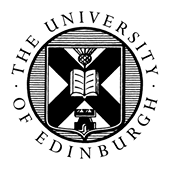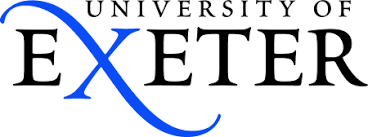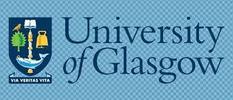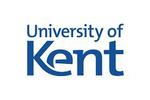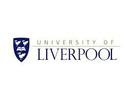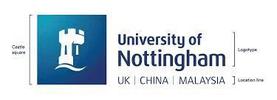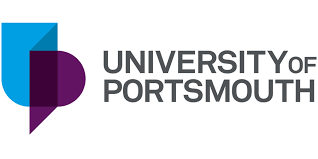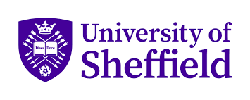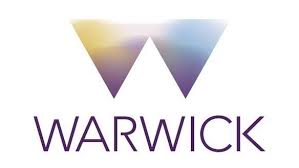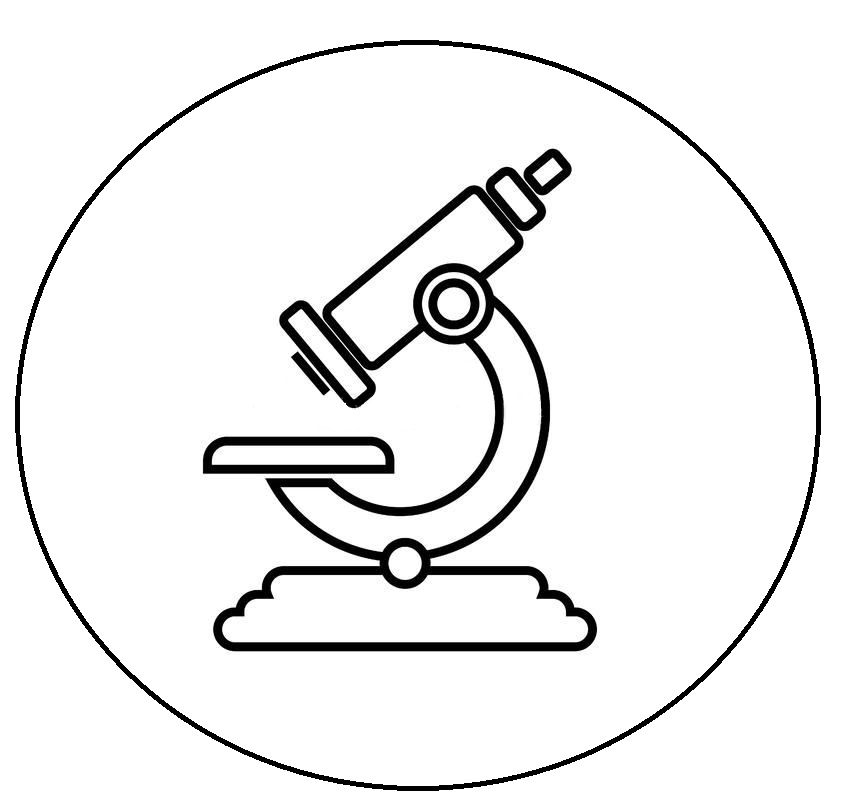Wellcome Trust: NGO against COVID-19 Grant Funding

Entity: Wellcome Trust
Category: Non-Governmental
Description: Directly fund thousands of scientists and researchers around the world at every step of the way from discovery to impact. Funding schemes offer grants across biomedical science, population health, medical innovation, humanities and social science, and public engagement.
1. Programme Title: 'Epidemic Preparedness: COVID-19 Funding Call'
Link: https://wellcome.ac.uk/grant-funding/schemes/epidemic-preparedness-covid-19
Contact: https://wellcome.ac.uk/about-us/contact-us/funding-enquiry-enhanced?ref=7668
Summary: This call aims to strengthen the evidence base to better prevent and control coronavirus (COVID-19) epidemics and to increase research and response capacity. It's part of an existing partnership between Wellcome and the UK Department for International Development (DFID) through the Joint Initiative on Research in Epidemic Preparedness and Response to help low- and middle-income countries prepare for and tackle epidemics.
Grants awarded:
- Malawi-Liverpool-Wellcome Trust COVID-19 Epidemic Preparedness
Dr Ben Morton; Liverpool School of Tropical Medicine, United Kingdom
Dr Henry Mwandumba; Malawi-Liverpool-Wellcome Trust Clinical Research Programme, Malawi
Dr Jennifer Cornick; University of Liverpool, United Kingdom
Dr Peter MacPherson; Liverpool School of Tropical Medicine, United Kingdom
Prof Stephen Gordon; Liverpool School of Tropical Medicine, United Kingdom
- Serological studies to quantify SARS-CoV-2 population infection risk in Singapore, Hong Kong and Thailand
Dr Clarence Tam; National University of Singapore, Singapore
Dr Chee Fu Yung; KK Women's and Children's Hospital, Singapore
Dr Kathryn Anderson; Armed Forces Research Institute of Medical Sciences, Thailand
Dr Stefan Fernandez; Armed Forces Research Institute of Medical Sciences, Thailand
Prof Benjamin Cowling; University of Hong Kong, Hong Kong S.A.R., China
Prof Lin-Fa Wang; National University of Singapore, Singapore
- African COVID-19 preparedness (AFRICO19)
Prof Matthew Cotten; MRC/UVRI and LSHTM Uganda Research Unit, Uganda
Dr Ke Yuan; University of Glasgow, United Kingdom
Prof David Robertson; University of Glasgow, United Kingdom
Prof James Nokes; KEMRI-Wellcome Trust Research Programme, Kenya
Prof Martin Antonio; London School of Hygiene and Tropical Medicine, United Kingdom
- COVID-19 Intervention Modelling for East Africa (CIMEA)
Prof James Nokes; University of Warwick, United Kingdom
Dr George Githinji; KEMRI-Wellcome Trust Research Programme, Kenya
Prof Matthew Cotten; MRC/UVRI and LSHTM Uganda Research Unit, Uganda
Prof Matthew Keeling; University of Warwick, United Kingdom
Prof Xavier Didelot; University of Warwick, United Kingdom
- The African coaLition for Epidemic Research, Response and Training, Clinical Characterisation Protocol (ALERRT CCP)
Dr John Amuasi; Kumasi Center for Collaborative Research in Tropical Medicine, Ghana
Dr Amadou Sall; Institut Pasteur de Dakar, Senegal
Dr Anani Badje; PACCI, Ivory Coast
Dr Fabien Taieb; Institut Pasteur de Dakar, Senegal
Dr Kenneth Baillie; University of Edinburgh, United Kingdom
Dr Mathias Altmann; University of Bordeaux, France
Dr Oumou Maiga-Ascofare; Bernhard Nocht Institute for Tropical Medicine, Germany
Dr Tajudeen Raji; Africa Centres for Disease Control and Prevention, Ethiopia
Prof Peter Horby; University of Oxford, United Kingdom
Prof Souleymane Mboup; Institute for Health Research, Epidemiological Surveillance and Training, Senegal
- Characterisation of SARS-CoV-2 transmission dynamics, clinical features and disease impact in South Africa: a setting with high HIV prevalence
Prof Cheryl Cohen; National Institute for Communicable Diseases, South Africa
Dr Cecile Viboud; Fogarty International Center, United States
Dr Jinal Bhiman; National Institute for Communicable Diseases, South Africa
Prof Juliet Pulliam; Stellenbosch University, South Africa
Prof Neil Martinson; University of the Witwatersrand, South Africa
- Investigation of pre-existing immunity to coronaviruses: implications for immunopathology and pathophysiology of COVID-19 disease
Prof Teresa Lambe; University of Oxford, United Kingdom
Dr Charles Agoti; KEMRI-Wellcome Trust Research Programme, Kenya
Dr Jennifer Hill; University of Oxford, United Kingdom
Prof Adrian Hill; University of Oxford, United Kingdom
Prof Andrew Pollard; University of Oxford, United Kingdom
Prof George Warimwe; KEMRI-Wellcome Trust Research Programme, Kenya
Prof Katie Ewer; University of Oxford, United Kingdom
- A comprehensive study of immunopathogenesis of SARS-CoV-2 infection
Prof Xiao-Ning Xu; Imperial College London, United Kingdom
Dr Nigel Temperton; University of Kent, United Kingdom
Dr Peter Kelleher; Imperial College London, United Kingdom
Prof Gavin Screaton; University of Oxford, United Kingdom
Prof Honglin Chen; University of Hong Kong, Hong Kong S.A.R., China
Prof Kwok Yung Yuen; University of Hong Kong, Hong Kong S.A.R., China
Prof Zhiwei Chen; University of Hong Kong, Hong Kong S.A.R., China
- Managing COVID-19 epidemics in low- to middle-income and crisis-affected settings: epidemiological and economic evaluation
Prof Francesco Checchi; London School of Hygiene and Tropical Medicine, United Kingdom
Prof Mark Jit; London School of Hygiene and Tropical Medicine, United Kingdom
Prof Anna Vassall; London School of Hygiene and Tropical Medicine, United Kingdo
- Epidemiological modelling to support the global COVID-19 response: how to mitigate impact in low-income and crisis-affected settings
Dr Patrick Walker; Imperial College London, United Kingdom
Prof Azra Ghani; Imperial College London, United Kingdom
Prof Nicholas Grassly; Imperial College London, United Kingdom
Prof Neil Ferguson; Imperial College London, United Kingdom
2. Programme Title: 'The COVID-19 Therapeutics Accelerator'
Link: https://wellcome.ac.uk/press-release/bill-melinda-gates-foundation-wellcome-and-mastercard-launch-initiative-speed
Contact: mediaoffice@wellcome.ac.uk
Summary: The charitable group Wellcome, along with Bill & Melinda Gates Foundation (BMGF) and Mastercard, announced that they were launching a $125 million effort to speed up the development of drugs to treat the novel coronavirus. The initiative, known as the Covid-19 Therapeutics Accelerator, will not be enough to develop even a single new medicine by itself, but it can jumpstart the process. Trevor Mundel, the president of the Gates Foundation, said the funding could provide important funds to companies and academic researchers immediately, before government funding will be available. Mundel estimates that two dozen companies, evenly divided between large pharmaceutical firms and small biotechs, could be involved in the effort.
3. 2. Programme Title: COVID-19 UK (COG-UK) Consortium
Wellcome has contributed funds to the 'COVID-19 UK (COG-UK) Consortium'; £20 million with Department of Health and Social Care and UK Research and Innovation (UKRI).
4. Programme Title: GenOMICC study on COVID-19 patients
Summary: Wellcome Trust is supporting and funding the GenOMICC Consortium, whose main project at the moment is 'GenOMICC study on COVID-19 patients'. GenOMICC Consortium is working in partnership with Genomics England Limited and with the NHS in the project 'GenOMICC study on COVID-19 patients' to deliver whole genome sequencing of up to 20,000 people who have been severely affected by COVID-19 - requiring intensive care - and 15,000 people who had mild symptoms . This study aims to find out whether there are genetic factors that mean that some people experience severe symptoms whilst others experience only mild symptoms. Our genes (or DNA) determine how vulnerable we are to sepsis and other forms of critical illness. They aim to discover specific genes that control the processes that lead to life-threatening illness. If they understand these processes, we'll be able to design more effective treatments. To do this they need to get a single DNA sample from lots of criticaly-ill patients with a range of carefully-selected conditions. The more patients, the better.
GenOMICC (Genetics Of Mortality In Critical Care) is a, open, collaborative, global community of doctors and scientists trying to understand and treat critical illness. Their partners have been recruiting patients since 2016 to study emerging infections (SARS/MERS/Flu), sepsis, and other forms of critical illness. It is the largest study of its kind anywhere in the world.
In the UK they are working with Genomics England and the UK-wide COG viral sequencing group to understand COVID-19.
They need 100,000 critical illness genomes for the study.
COVID-19 is a key aim of GenOMICC. Susceptibility to COVID-19 is almost certainly, in part, genetic. GenOMICC can find the genes that cause susceptibility, which may help them to prioritise treatments to respond to the global crisis. GenOMICC was designed for this crisis. All patients with confirmed COVID-19 in critical care are eligible for GenOMICC. In particular, they aim to recruit every intubated patient with COVID-19. GenOMICC is prioritised as an NIHR Urgent Public Health Study in the UK.
5. Programme Title: Bugbank
Summary: Wellcome Trust is funding parallel work developing data analysis methods for phase 3 in the project 'Bugbank' Bugbank is a project that aims to link infection data from Public Health England to improve the study of infection in the UK Biobank cohort.
Infection is a major cause of poor health and early death around the world. We are all exposed to infectious microbes, but what is unclear is why some people succumb to infection when others do not? And why some infected people become seriously unwell, when others do not? The Bugbank project is developing infrastructure to help researchers address these questions.
Bugbank is a collaboration between the Oxford Big Data Institute, Public Health England (PHE) and UK Biobank (UKB). PHE is responsible for surveillance of infections and antimicrobial resistance in England. UKB is an ongoing study of common diseases in a cohort of 500,000 people aged over 40 when they were recruited in 2006-2010. UKB allows researchers to study the effects of lifestyle, environment and human genetics on disease.
The objective of Bugbank is to link infection data from PHE to improve the study of infection in the UKB cohort. They have developed a system to dynamically link daily reports of infections in the PHE Microbiology database with the UKB system. This linkage of systems enables the identification of infections that have occurred in UKB participants.
In addition to data linkage, they are piloting the feasibility of retrieving microbial cultures from UKB participants through clinical diagnostic labs for further microbiological and genetic analysis. This could be used to fulfil the long-term Bugbank objective of performing joint human-microbe studies to better understand the lifestyle, epidemiological and genetic risks for common infections in a large cohort over time.
There are three phases to the Bugbank project:
- Incorporate infection data from PHE (e.g. microbial species, infection type, antibiotic susceptibility data) into UK Biobank to improve the information available to scientists studying the UKB cohort. This linkage would provide researchers with greater granularity over infection types, improving the chances of finding risk factors for infection. Progress from periodic (e.g. annual) linkage of PHE data and UKB, to a dynamic linkage system which incorporates new infection data on a frequent (up to daily) basis. This enables phase 3 and could be repurposed for rapid response to Covid-19.
- Assess the practicality of identifying and retrieving the microbial cultures from infections occurring within the UKB cohort from clinical diagnostic labs in England for further microbiological and genetic investigation.
- The computer systems required for phases 1 and 2 have been created and tested. The data from phase 1 will become available to UKB researchers pending a PHE-UKB contractual agreement. An article summarising phase 2 is in preparation. Retrieval and storage of the microbial samples (phase 3) has started and looks promising.
In light of the ongoing Covid-19 pandemic, the systems they have put in place for Bugbank could be deployed to study Covid-19 infection caused by the novel coronavirus SARS-CoV-2 in near-to real time. The linkage of data between PHE and UKB may enable researchers around the world to look for genetic, epidemological and lifestyle risk factors for severe infection. This information could provide invaluable clues as to why some people develop mild symptoms while others develop life-threatening disease. The repurposing of phase 2 for studying Covid-19 is ongoing.
6. Other financing:
Wellcome Trust provides financing to Mologic.
+ Beneficiaries: Mologic
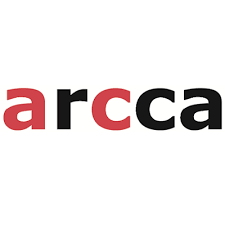
.png)
.jpeg)
%20Consortium.png)
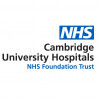
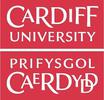
.png)
.jpeg)
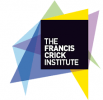

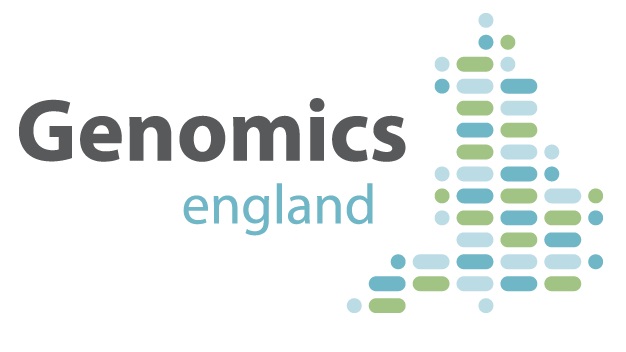
.png)
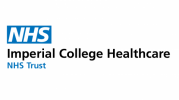
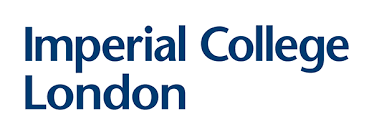
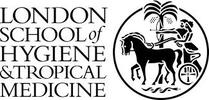
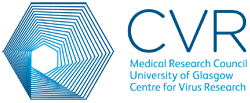

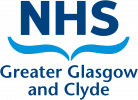
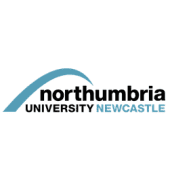

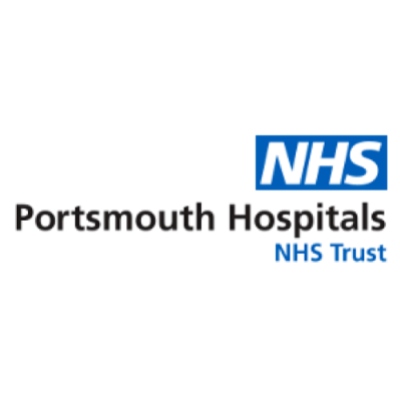

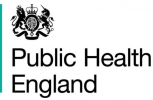
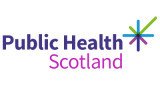
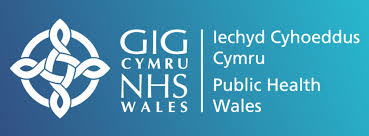

.png)
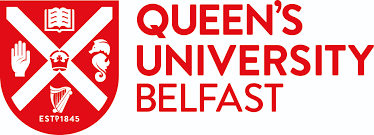

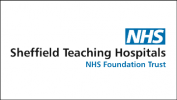





.jpg)


